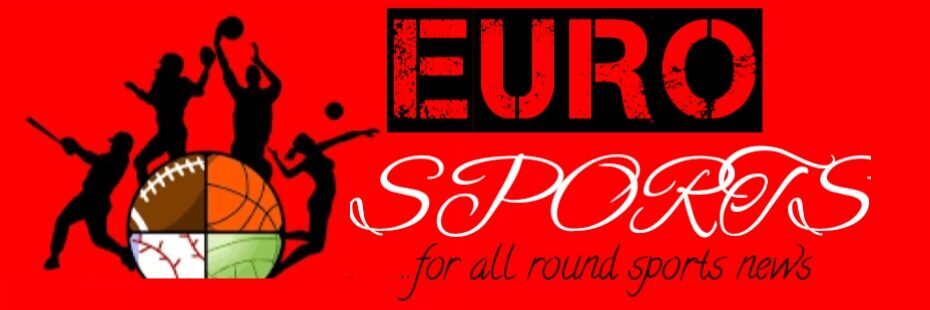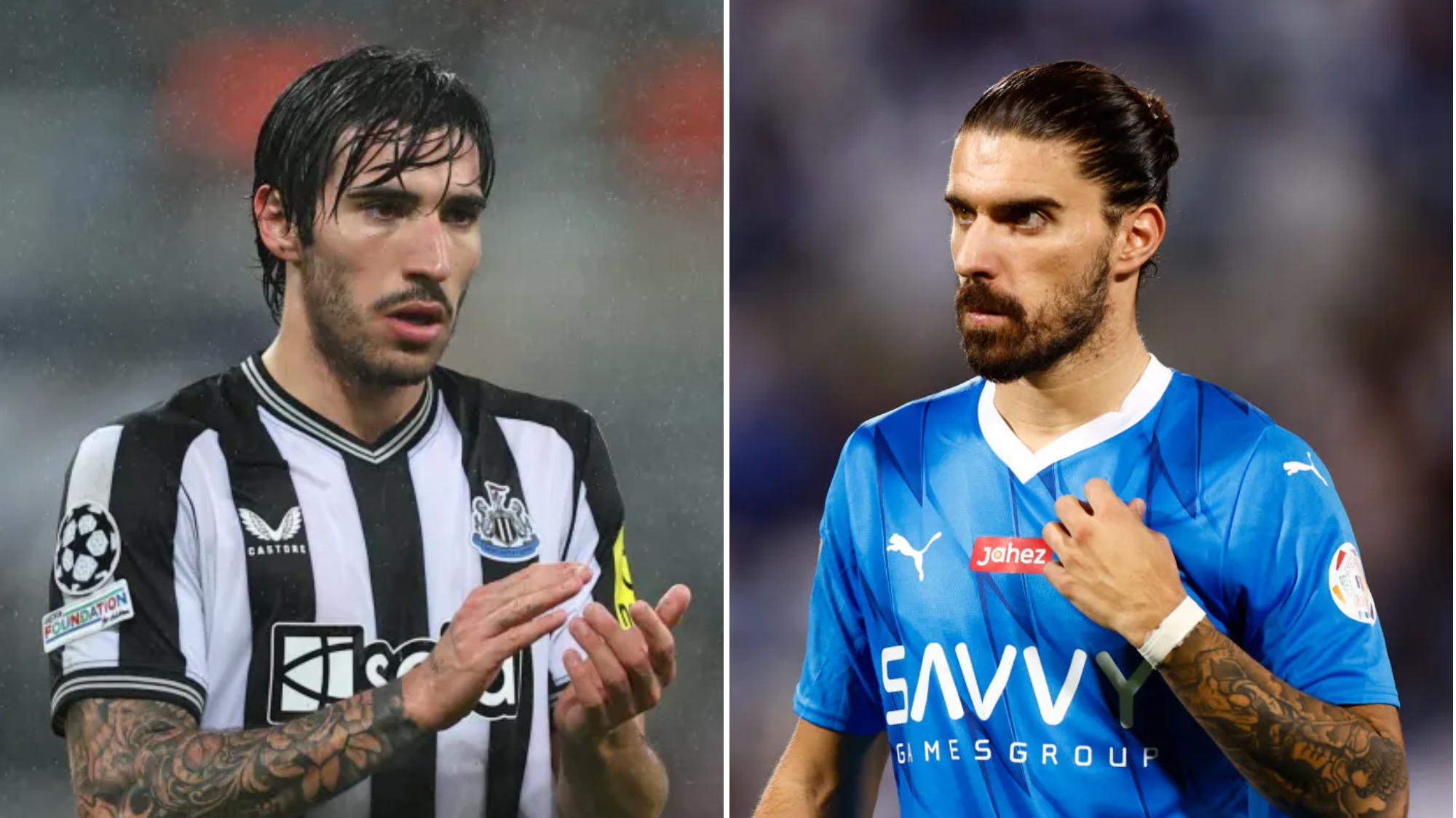Newcastle’s sporting director, Dan Ashworth, has clarified that current rules and regulations would not prevent the club from signing a player from the Saudi Pro League as a short-term replacement for Sandro Tonali, who received a 10-month suspension for gambling. This has led to strong links with a loan move for Ruben Neves, who is currently at Al-Hilal, a club owned by PIF (Public Investment Fund).
While there is currently no specific prohibition on such a transfer, Ashworth has suggested that various organizations may consider examining the acquisition of players from related parties and whether they are obtained at a fair market value.

The situation has raised concerns among other clubs, as both Newcastle and Al-Hilal are owned by PIF. There are worries that this situation could create an unfair advantage and disrupt the transfer market.

Ashworth commented on the links to Ruben Neves and the potential to sign a player from Saudi, saying, “The current rules and regulations say there is nothing to stop it… currently. But there is a potential that the various different organizations will look at things across related-parties and what you can do to acquire players at a fair market value, which have already been in place for quite a while.”
Newcastle is also exploring legal avenues to determine if AC Milan had any knowledge of Tonali’s betting activities. The club has launched an internal investigation to understand how this issue was missed by their recruitment team.
Ashworth acknowledges the challenging situation and emphasized the club’s commitment to supporting Sandro Tonali. He explained how they first became aware of the situation when there was a potential allegation on social media. They took swift action to protect Tonali, working transparently with the authorities to understand what had happened and provide the necessary support. The ban was subsequently signed off and agreed upon by the Italian federation, FIFA, and their own Football Association.

